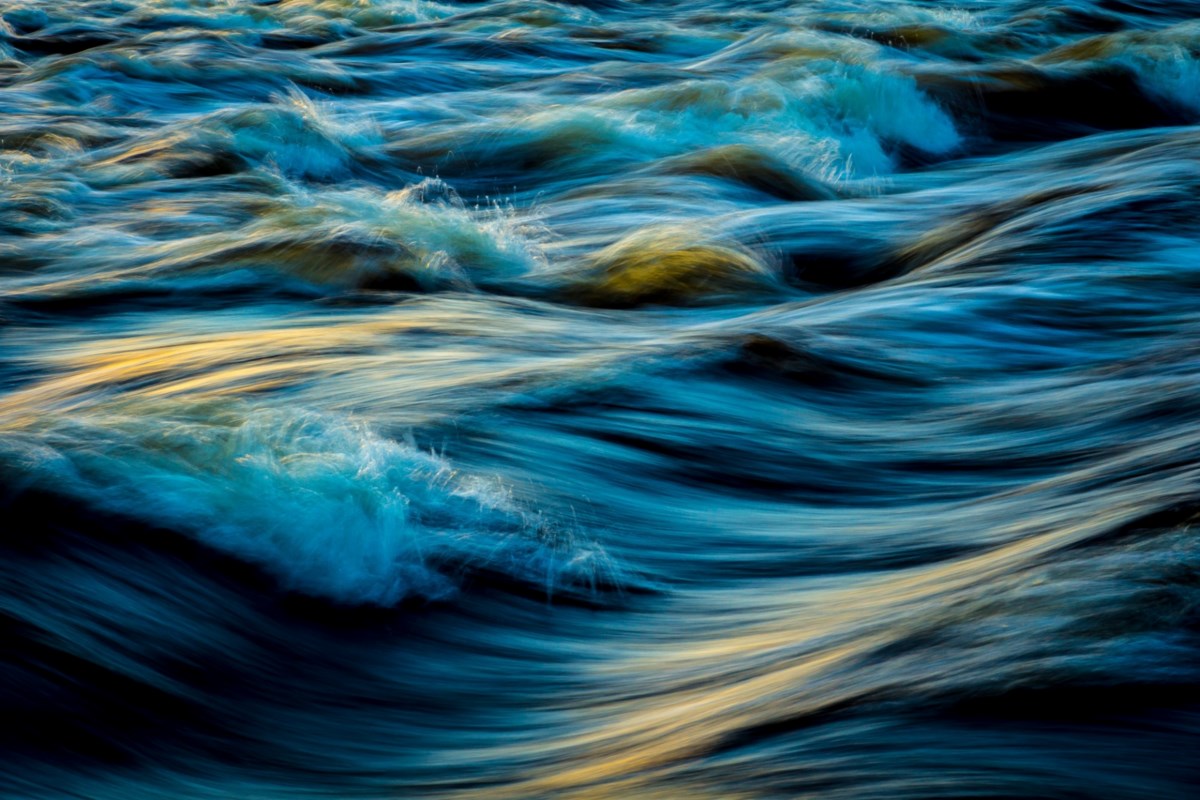
Many people have a hobby, something they do for pleasure, rather than for profit or notoriety. But it may not be something you do very often, life and work get in the way of most things, and particularly those that do not make money, and they are also tasks that aren’t necessarily what others believe constitutes a good use of your time.
But creatively-fulfilling tasks could not only be a great way to pass the day, they are something that will add satisfaction and relaxation to your life.
You just need to go with the flow; Mihaly Csikszentmihalyi’s Flow, that is.
Creativity has long been studied as an outlet for stress, and anyone who has picked up an adult colouring book can tell you that it can be very relaxing, even if you aren’t so keen on staying inside the lines.
There are many explanations given over the years, from a focus on the aspects of creative pursuits like writing, acting, painting, and even colouring that can bring peace, including mindfulness, providing distraction or just a fun activity with no real risk involved.
But it was Hungarian-American psychologist Mihaly Csikszentmihalyi (1934-2021) who introduced flow theory in the 1970s, based on research examining people who did activities for pleasure, even when they were not rewarded with money or fame.
He considered artists, writers, athletes, chess masters, and surgeons — individuals who were involved in activities they preferred. He was surprised to discover that enjoyment did not result from relaxing or living without stress, but during these intense activities, in which their attention was fully absorbed.
He called this state ‘flow’, because during his research, people illustrated their intense experiences using the metaphor of being carried by a current like a river flows.
And rather than needing an activity that was easy, or didn’t take too much concentration, ‘flow’ required the activity to be difficult and involve risk. It usually stretched the person's capacity and provided a challenge to their skills.
Csikszentmihalyi’s research found it was easier to achieve the flow state in creative activities such as performing music, dance and writing since they had rules and required the learning of skills. In these activities people were deeply involved and motivated because they were participating in an enjoyable experience. But while almost any active involvement can potentially lead to flow, Csikszentmihalyi found that activities which are passive, such as watching television, do not normally lead to flow.
So what does being in the ‘flow’ actually mean? It means that whatever they task you choose, whether it is planning and planting a garden, dance classes or a living room dance party, you could potentially enter a state of mind that is not only bringing together, cognitive, physiological and affective aspects, “but that Flow experience corresponds to an optimal psychophysical state.”
Participants in Csikszentmihalyi research said it is like ‘being in the zone’, ‘being on the ball’, ‘being in the groove’; some use expressions such as ‘everything clicks’ and ‘experiencing a magic moment’.
And while it can be a little tough at the end of the day, the end of the week, or the middle of the pandemic to find the energy to be creative, not only is there the chance you will make or build something that makes you feel productive, but you may also gain stress relief and a feeling of ‘being in the zone.’
You just have to go with the flow.
Jenny Lamothe is a reporter at Sudbury.com. Coping is made possible by our Community Leaders Program.
"flow" - Google News
May 04, 2022 at 11:00PM
https://ift.tt/kYSNG3m
Coping: Just go with the flow, the 'Csikszentmihalyi' flow, that is - Sudbury.com
"flow" - Google News
https://ift.tt/he2YGZT
https://ift.tt/Ll8k6sB
Bagikan Berita Ini














0 Response to "Coping: Just go with the flow, the 'Csikszentmihalyi' flow, that is - Sudbury.com"
Post a Comment